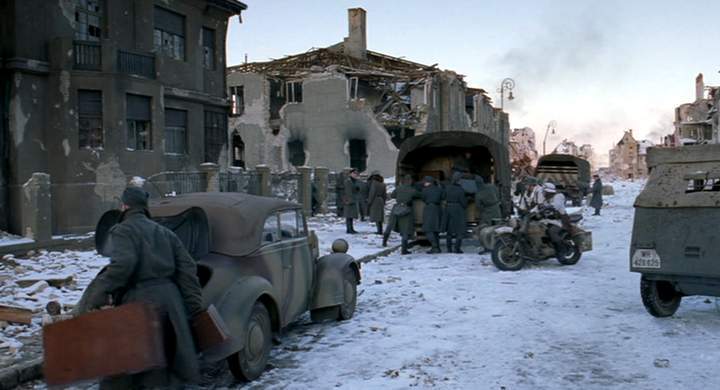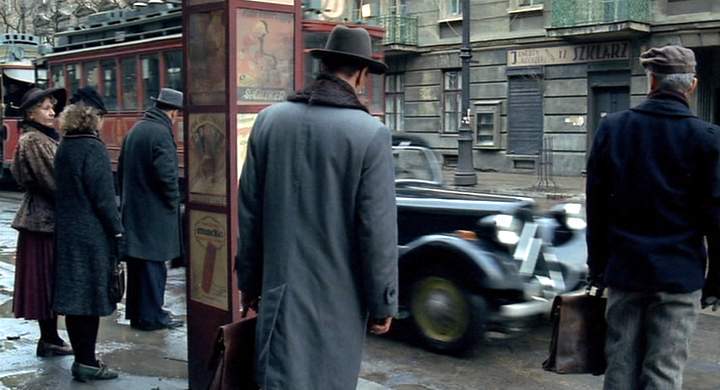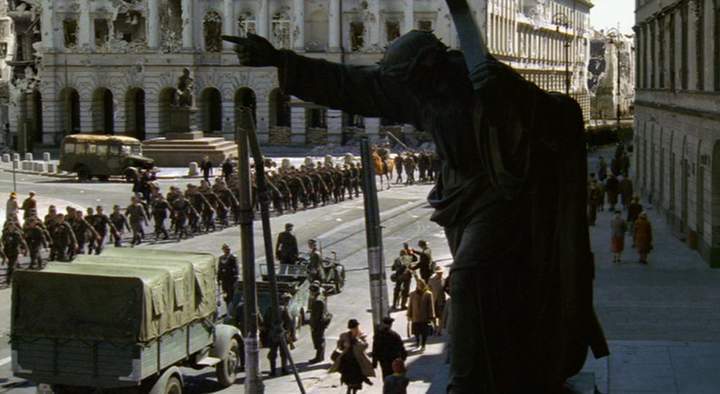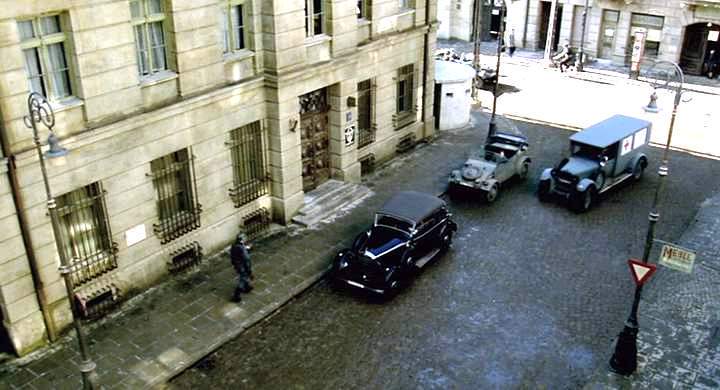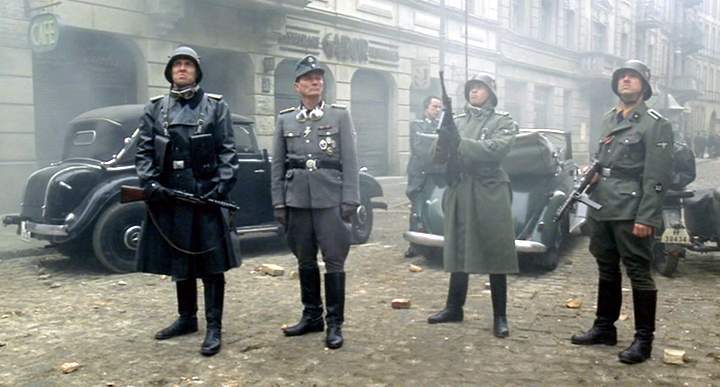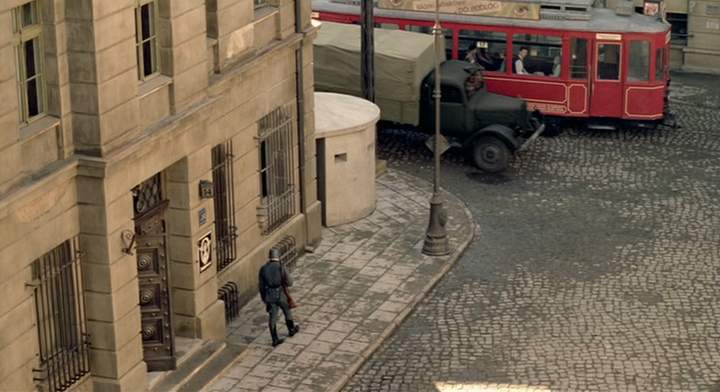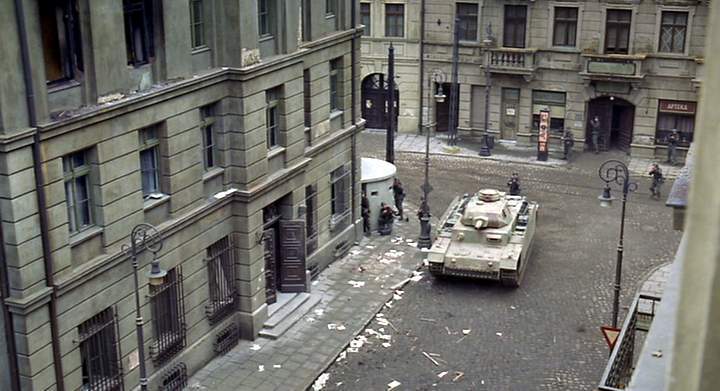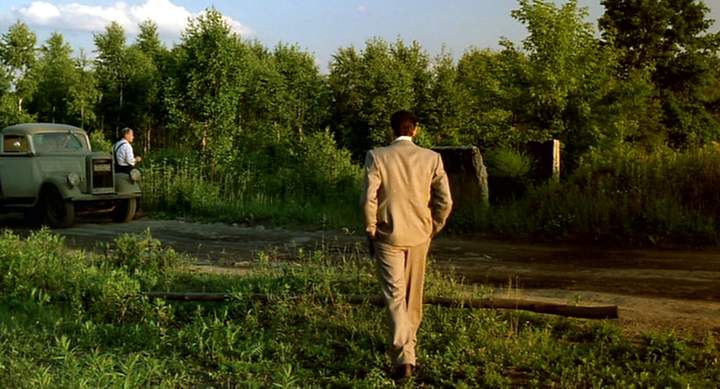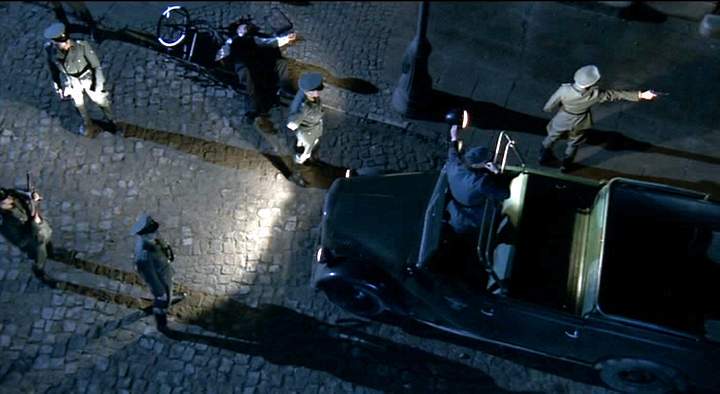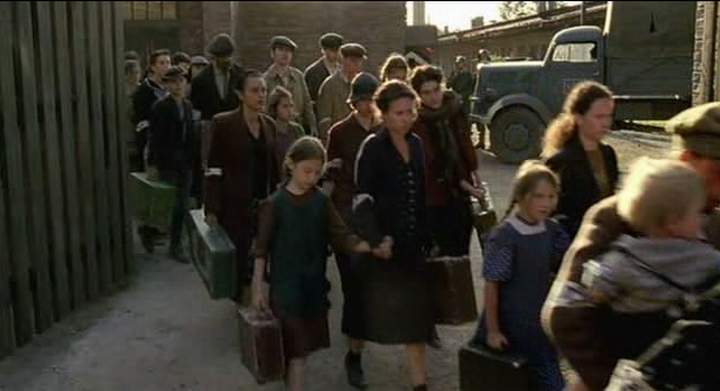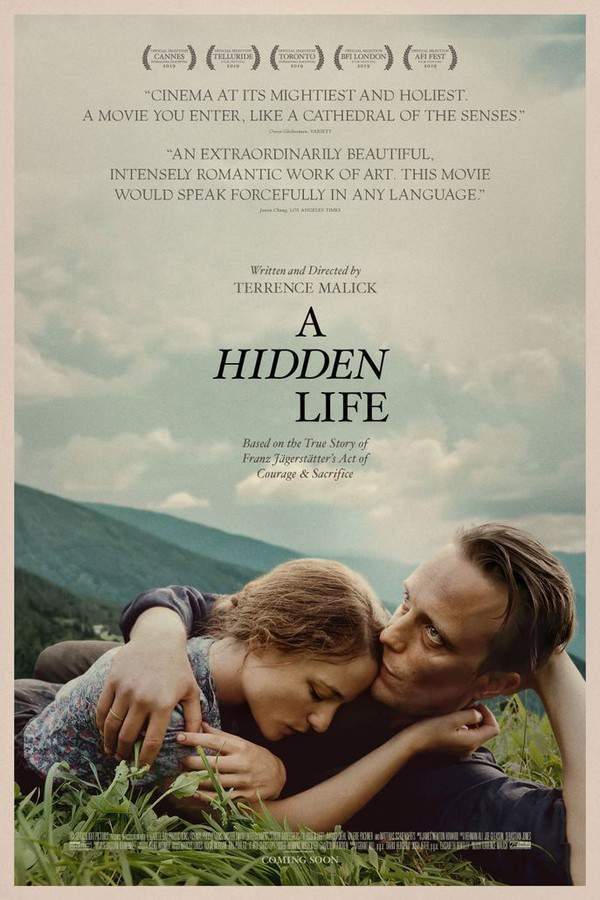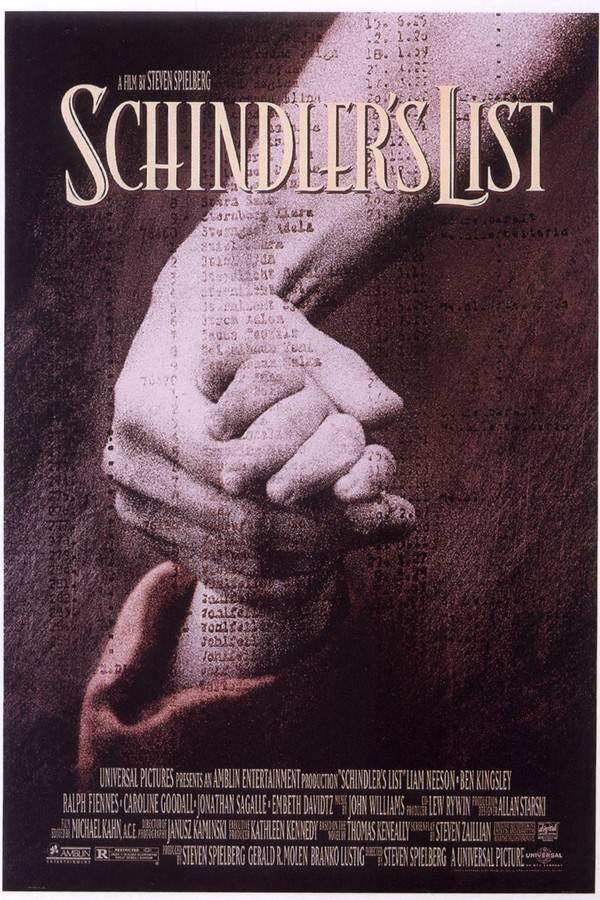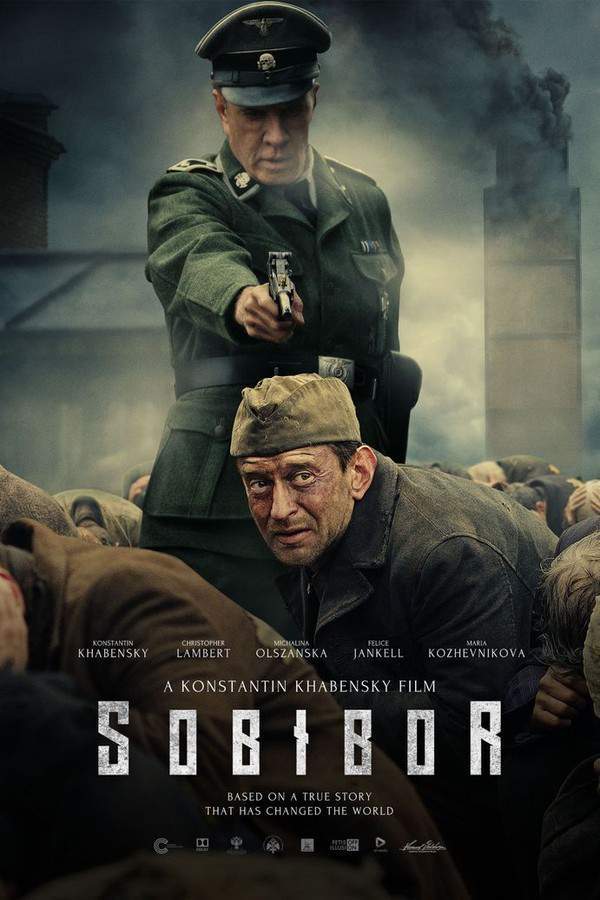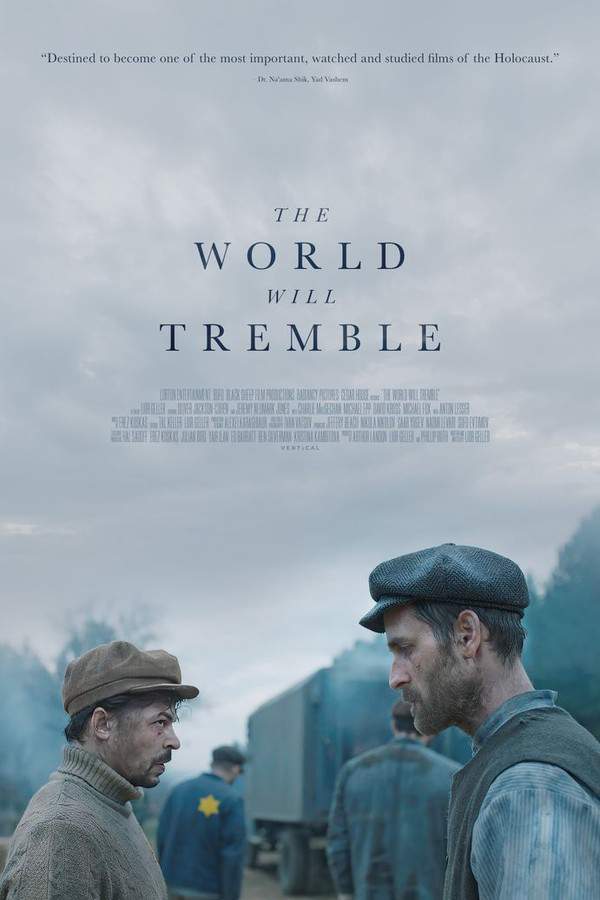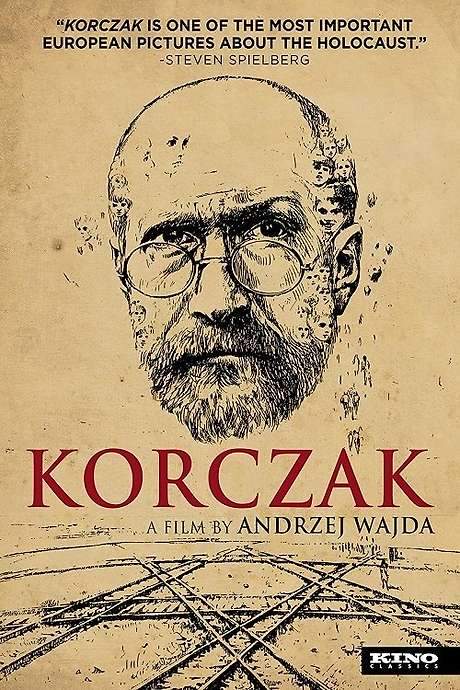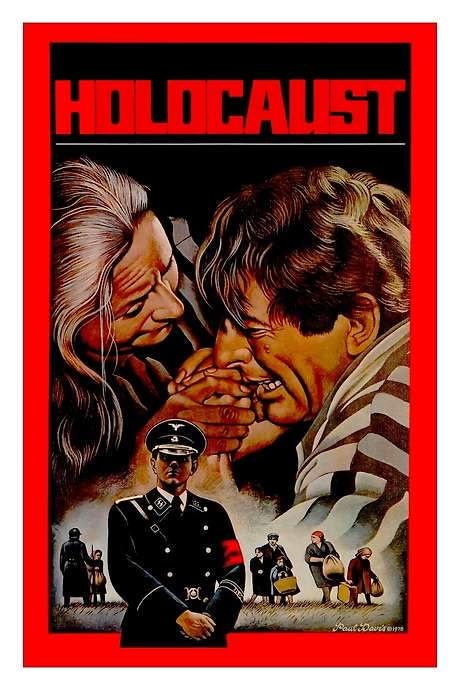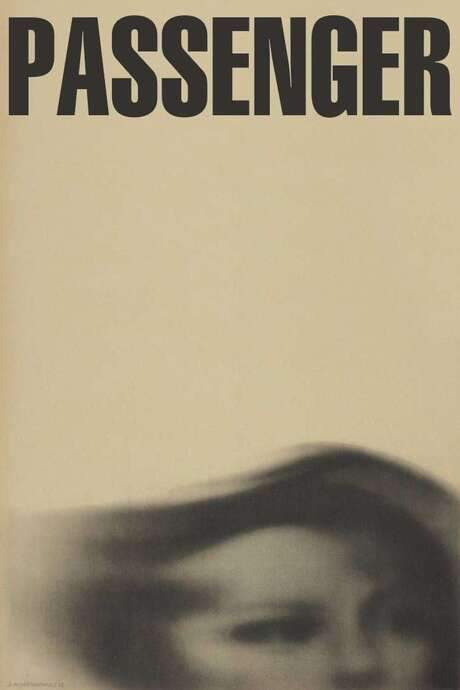The Pianist 2002
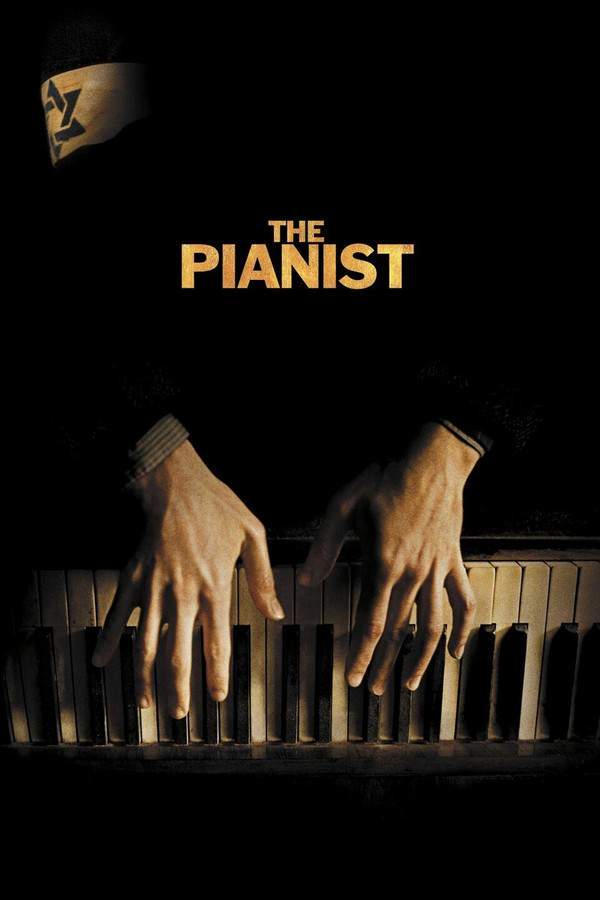
As World War II engulfs Warsaw, the life of acclaimed pianist Władysław Szpilman is irrevocably shattered. He is forced to leave his family and endure the horrors of the Warsaw Ghetto during Operation Reinhard. Through courage and resourcefulness, Szpilman evades capture, finding refuge in the city's devastated landscape. His harrowing journey of survival continues until the arrival of liberation, marking the end of a desperate ordeal.
Does The Pianist have end credit scenes?
No!
The Pianist does not have end credit scenes. You can leave when the credits roll.
Meet the Full Cast and Actors of The Pianist
Explore the complete cast of The Pianist, including both lead and supporting actors. Learn who plays each character, discover their past roles and achievements, and find out what makes this ensemble cast stand out in the world of film and television.
External Links and Streaming Options
Discover where to watch The Pianist online, including streaming platforms, rental options, and official sources. Compare reviews, ratings, and in-depth movie information across sites like IMDb, TMDb, Wikipedia or Rotten Tomatoes.
Ratings and Reviews for The Pianist
See how The Pianist is rated across major platforms like IMDb, Metacritic, and TMDb. Compare audience scores and critic reviews to understand where The Pianist stands among top-rated movies in its genre.

85
Metascore
8.7
User Score


%
TOMATOMETER

0%
User Score

8.5 /10
IMDb Rating

84
%
User Score
Take the Ultimate The Pianist Movie Quiz
Challenge your knowledge of The Pianist with this fun and interactive movie quiz. Test yourself on key plot points, iconic characters, hidden details, and memorable moments to see how well you really know the film.
The Pianist Quiz: Test your knowledge on the profound story of 'The Pianist' and the historical context it represents.
In which city does 'The Pianist' primarily take place?
Warsaw
Berlin
Paris
London
Show hint
Awards & Nominations for The Pianist
Discover all the awards and nominations received by The Pianist, from Oscars to film festival honors. Learn how The Pianist and its cast and crew have been recognized by critics and the industry alike.
75th Academy Awards 2003

Cinematography
Costume Design

Film Editing
Best Picture
Writing (Adapted Screenplay)
56th British Academy Film Awards 2003
Best Film


Best Adapted Screenplay
Best Cinematography
Best Original Music
Best Sound
8th Critics' Choice Awards 2003
Best Picture

9th Screen Actors Guild Awards 2003

55th Directors Guild of America Awards 2003

60th Golden Globe Awards 2003
Best Motion Picture – Drama

Full Plot Summary and Ending Explained for The Pianist
Read the complete plot summary of The Pianist, including all major events, twists, and the full ending explained in detail. Explore key characters, themes, hidden meanings, and everything you need to understand the story from beginning to end.
“The Pianist” unfolds in Warsaw, Poland, during the tumultuous days of September 1939, when the shadow of World War II begins to loom large. The story introduces us to Wladyslaw (Wladek) Szpilman, a gifted pianist who finds himself working for a local radio station. The Polish Army’s rapid defeat by the German forces occurs within a mere three weeks, and as fate would have it, Wladek’s radio station is bombed while he is playing live on air. Amid the chaos of evacuation, Wladek encounters a friend who introduces him to his enchanting sister, Dorota. From their very first meeting, Wladek feels a profound attraction toward her.
Upon returning home, Wladek discovers that his family, including his parents, brother, and two sisters, are all busy packing to escape Poland. They engage in a heartfelt discussion regarding the possibility of fleeing the country, ultimately deciding to stay put, believing that the war will conclude swiftly once the Allies engage with Germany. However, their hopes quickly dissolve as the situation for Jews in Warsaw deteriorates significantly. Wladek’s interactions with Dorota reveal the brutal injustices that Jewish people are facing under the oppressive Nazi regime. Friends turn hostile, denying services and support.
His father suffers indignities at the hands of German officers, who prohibit him from walking on the sidewalk, highlighting the systemic dehumanization at play. Soon, the family is forced into the confines of a Jewish ghetto, where the grim reality of the Holocaust begins to unfold. Once prosperous, their living conditions plummet to subsistence levels, worsened by overcrowding and the ever-present threat of violence. Wladek secures a job playing piano at a ghetto restaurant, gratefully refusing an offer from a family friend to join the Jewish police.
As conditions deteriorate, the horror intensifies, with families being brutally taken away by the SS. In a particularly harrowing scene, Wladek’s family witnesses the callous execution of a disabled man and his family. By 1942, the relentless grip of the Nazis tightens, with Wladek’s family facing the grim reality of being shipped to the Treblinka concentration camp. In a heart-wrenching moment of desperation, they share their last meal, a tiny piece of candy, under the brutal sun while waiting for the train that will lead them to their fate. But in a twist of fortune, Wladek is pulled from the line by Itzak Heller, a Jewish police guard, while the rest of his family boards the train, never to be seen again.
Forced to go into hiding, Wladyslaw faces immense challenges as he navigates through the wreckage of his former life. He finds shelter with his old boss and later integrates with the survivors of the ghetto, working under horrific conditions as a laborer. Despite the constant threat of violence, he assists in the planning of an uprising, smuggling arms to the resistance fighters. After a near brush with death, he escapes the ghetto with the help of a friend named Majorek.
Wladyslaw eventually hides in a vacant apartment, avoiding detection while surviving on smuggled food. As the Warsaw Ghetto Uprising unfolds in April-May 1943, he watches from the shadows, witnessing the courageous yet tragic fight for freedom. With the increasing danger, he remains hidden for several more months, facing starvation and illness. A chance encounter with Dorota, now married and pregnant, leads to another escape, but his new protector proves unreliable, leaving him on the brink of death.
As the war continues, Wladyslaw becomes a silent observer of the larger 1944 Warsaw Uprising, where hope quickly dissipates as the Germans ruthlessly quash the rebellion. In this clashing world of destruction, Wladyslaw’s existence teeters on the edge of oblivion, yet he perseveres until he is found by Captain Wilm Hosenfeld, a Nazi officer who, upon hearing him play a haunting fragment of Chopin, recognizes his talent and offers his aid.
Moved by the beauty of Wladyslaw’s music, Hosenfeld provides him a haven, granting him sustenance and safety, even as danger lurks outside. As the Russian army draws near, Hosenfeld departs but leaves Wladek with crucial supplies and a flicker of hope. Tragically, by the end of the war, he finds himself facing peril from his own countrymen who mistake him for an enemy due to his fleeting German coat.
In the aftermath of the conflict, as Poland begins to heal, Wladyslaw resumes playing the piano for the radio. The film concludes with poignant title cards narrating Hosenfeld’s tragic fate in a Soviet gulag and Wladyslaw’s long life, culminating in his triumphant return to the stage, playing Chopin with all the passion and resilience that defined his harrowing journey.
Uncover the Details: Timeline, Characters, Themes, and Beyond!

Coming soon on iOS and Android
The Plot Explained Mobile App
From blockbusters to hidden gems — dive into movie stories anytime, anywhere. Save your favorites, discover plots faster, and never miss a twist again.
Sign up to be the first to know when we launch. Your email stays private — always.
Watch Trailers, Clips & Behind-the-Scenes for The Pianist
Watch official trailers, exclusive clips, cast interviews, and behind-the-scenes footage from The Pianist. Dive deeper into the making of the film, its standout moments, and key production insights.
Cars Featured in The Pianist
Explore all cars featured in The Pianist, including their makes, models, scenes they appear in, and their significance to the plot. A must-read for car enthusiasts and movie buffs alike.
The Pianist Themes and Keywords
Discover the central themes, ideas, and keywords that define the movie’s story, tone, and message. Analyze the film’s deeper meanings, genre influences, and recurring concepts.
The Pianist Other Names and Titles
Explore the various alternative titles, translations, and other names used for The Pianist across different regions and languages. Understand how the film is marketed and recognized worldwide.
Articles, Reviews & Explainers About The Pianist
Stay updated on The Pianist with in-depth articles, critical reviews, and ending explainers. Explore hidden meanings, major themes, and expert insights into the film’s story and impact.
Similar Movies To The Pianist You Should Know About
Browse a curated list of movies similar in genre, tone, characters, or story structure. Discover new titles like the one you're watching, perfect for fans of related plots, vibes, or cinematic styles.
Quick Links: Summary, Cast, Ratings, More

What's After the Movie?
Not sure whether to stay after the credits? Find out!
Explore Our Movie Platform
New Movie Releases (2025)
Famous Movie Actors
Top Film Production Studios
Movie Plot Summaries & Endings
Major Movie Awards & Winners
Best Concert Films & Music Documentaries
Movie Collections and Curated Lists
© 2025 What's After the Movie. All rights reserved.
















